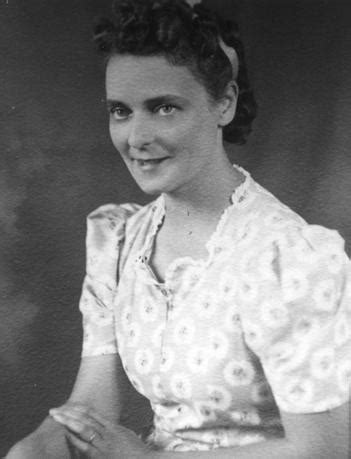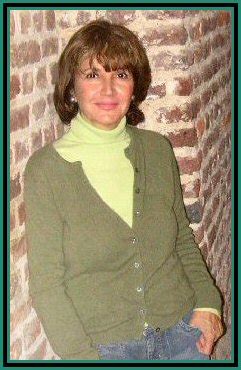A Quote by Henry David Thoreau
Fishermen, hunters, woodchoppers, and others, spending their lives in the fields and woods, in a peculiar sense a part of Nature themselves, are often in a more favorable mood for observing her, in the intervals of their pursuits, than philosophers or poets even, who approach her with expectation. She is not afraid to exhibit herself to them.
Related Quotes
She realized how many of her beliefs were either unrealistic or belonged to her deceased parents and her ex-husband. She also realized that her expectations for herself and others were sometimes too rigid. She was trying to live up to what everyone else said was best for her, which made her depressed and hard to be around at times. Once she changed her beliefs about herself and others, she began to smile more and enjoy life.
Not that she didn't enjoy the holidays: but she always felt-and it was, perhaps, the measure of her peculiar happiness-a little relieved when they were over. Her normal life pleased her so well that she was half afraid to step out of its frame in case one day she should find herself unable to get back.
English literature, from the days of the minstrels to the Lake Poets,--Chaucer and Spenser and Milton, and even Shakespeare, included,--breathes no quite fresh and, in this sense, wild strain. It is an essentially tame and civilized literature, reflecting Greece and Rome. Her wildness is a greenwood, her wild man a Robin Hood. There is plenty of genial love of Nature, but not so much of Nature herself. Her chronicles inform us when her wild animals, but not the wild man in her, became extinct.
The universal nature has no external space; but the wondrous part of her art is that though she has circumscribed herself, everything which is within her which appears to decay and to grow old and to be useless she changes into herself, and again makes other new things from these very same, so that she requires neither substance from without nor wants a place into which she may cast that which decays. She is content then with her own space, and her own matter, and her own art.
When a homemaking aunt scolds a niece for following her evangelistic passion instead of domestic pursuits, her reply is interesting. First, she clarifies that God's individual call on her doesn't condemn those in more conventional roles. Then, she says she can no more ignore the cry of the lost than her aunt can the cry of her child.
She bent her finger and then straightened it. The mystery was in the instant before it moved, the dividing moment between not moving and moving, when her intention took effect. It was like a wave breaking. If she could only find herself at the crest, she thought, she might find the secret of herself, that part of her that was really in charge. She brought her forefinger closer to her face and stared at it, urging it to move. It remained still because she was pretending... . And when she did crook it finally, the action seemed to start in the finger itself, not in some part of her mind.
Elisabeth, again, while she praises her, is so far from hiding the Divine glory, that she ascribes everything to God. And yet, though she acknowledges the superiority of Mary to herself and to others, she does not envy her the higher distinction, but modestly declares that she had obtained more than she deserved.
Poesy is a beauteous damsel, chaste, honourable, discreet, witty, retired, and who keeps herself within the limits of propriety. She is a friend of solitude; fountains entertain her, meadows console her, woods free her from ennui, flowers delight her; in short, she gives pleasure and instruction to all with whom she communicates.
Nature, at all events, humanly speaking, is manifestly very fond of color; for she has made nothing without it. Her skies are blue; her fields, green; her waters vary with her skies; her animals, vegetables, minerals, are all colored. She paints a great any of them in apparently superfluous hues, as if to show the dullest eye how she loves color.
When she liked anyone it was quite natural for her to go to bed with him. She never thought twice about it. It was not vice; it wasn't lasciviousness; it was her nature. She gave herself as naturally as the sun gives heat or the flowers their perfume. It was a pleasure to her and she liked to give pleasure to others.


































